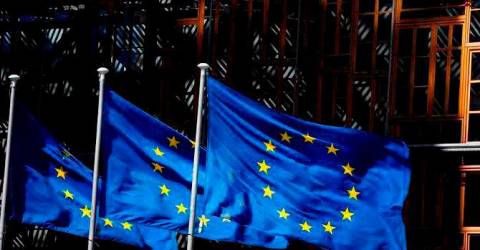BRUSSELS: Stricter rules on waste exports from the European Union to non-EU countries come into force on Monday, reported German Press Agency (dpa).
The aim is to ensure that the EU takes more responsibility for its waste, the European Commission announced. Since 2004, waste exports from the EU to non-EU countries have increased by 72 per cent. Last year, the figure was 35 million tons.
Starting in May 2027, waste will only be exported to countries outside the Organisation for Economic Co-operation and Development (OECD) if the destination country explicitly agrees and can prove that the waste has been processed sustainably.
Beginning in November 2026, the export of plastic waste to non-OECD countries will also be banned for two and a half years. Most EU countries belong to the 38-member OECD, which also has the United States, Turkiye and Mexico as members.
The new regulation is also intended to help combat the illegal waste trade, for example through more sanctions targeting criminals as a deterrent.
According to the commission, the regulations supplement the new directive on environmental crime, which also takes effect on Monday. That includes a list of the most serious offences against environmental regulations and requires member states to ensure that these crimes are considered criminal offences under their national law.
Examples of newly introduced offence categories include serious breaches of the rules on chemicals or illegal water abstraction.
The figures from the Eurostat data office for 2022, the most recent available, show that most EU waste went to Turkiye, with 12.4 million tons, followed by India with 3.5 million tons and the United Kingdom with 2 million tons. – BERNAMA-dpa


